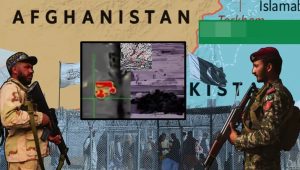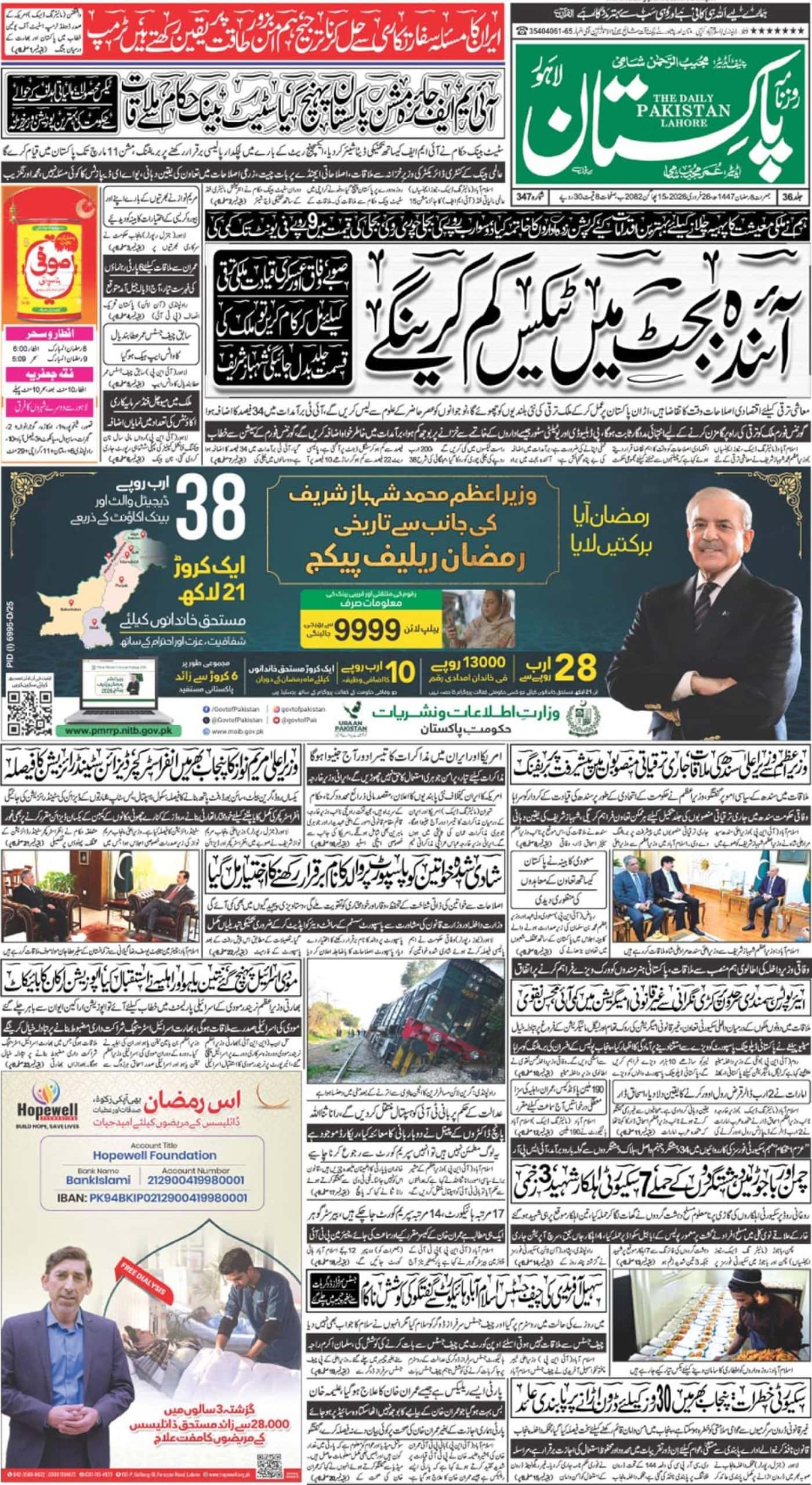ISLAMABAD – Supreme Court on Friday threw out all review petitions filed by Sharif family and Ishaq Dar against the Panamagate verdict that had disqualified former Prime Minister Nawaz Sharif and ordered filing of NAB reference against the ruling family.
A five-member bench headed by Justice Asif Saeed Khosa and comprising Justice Ejaz Afzal, Justice Ijazul Ahsan, Justice Azmat Saeed and Justice Gulzar Ahmad reserved the verdict earlier today after holding three hearings.
In his short judgement, the court ordered to uphold the July 28 verdict regarding disqualification of former prime minister Nawaz Sharif.
Justice Asif Saeed Khosa said that reasons behind rejecting the petitions will be informed in detailed judgement later.
Nawaz Sharif, Hussain Nawaz, Hassan Nawaz, Maryam Nawaz, Captain Safdar and Ishaq Dar had filed the petitions seeking review of the July 28 judgement and appointment of a supervisory judge for NAB references.
On July 28, the apex court had disqualified former premier for not being honest and ordered his and his children’s trial at an accountability court.
The court took up the review petitions case on September 13, while Nawaz’s counsel Khawaja Haris and Ishaq Dar’s lawyer Shahid Hamid completed their arguments during previous two hearings.
Today’s Hearing
Today, Nawaz Sharif’s children and Captain (retd) Safdar counsel Salman Akram Raja presented its arguments in the case.
Regarding the appointment of supervisory judge for the NAB references, Raja said that he adopted the arguments submitted by Khawja Haris, counsel for former premier, who termed the appointment violation of fundamental rights of the person being tried.
On London flats, Raja said that his client Safdar had nothing to do with these properties, adding that Safdar had signed the trust deed as a witness.
In response, Justice Khosa remarked that Safdar definitely has some connection with the London flats.
Safdar’s basic rights will be hurt if a reference is filed in the trial court, Raja added.
Justice Azmat said that filing a reference against Safdar will not affect the basic rights, adding that the court provided assurance that no compromise will be done on transparent trial.
Justice Khosa observed that Maryam had disowned the London flats before but the JIT report revealed she’s the owner.
Original petitioner regarding Hudaibiya Papers Mills case, Sheikh Rashid also presented arguments before the bench and highlighted that NAB had not submitted an appeal despite the court orders. He added that papers mills case is “mother of all crimes”.
The court disposed of Rashid’s petition after the prosecutor general provided assurance that an appeal regarding paper mills case will be filed with the court within seven days.
Previous Hearings
On Thursday, the apex court provided assurances that the appointment of supervisory judge for NAB references will not affect the trial of the Sharif family in an accountability court.
Nawaz’s counsel Khawaja Haris completing his arguments before the court said that never a judge was appointed in the past to oversee a specific trial.
In reply, Justice Azmat Saeed said that the appointment of a supervisory judge is not a new phenomenon.
Haris replied that the judge is appointed for monitoring not for supervision.
Justice Khosa said that supervisor has been appointed to implement the court directions, adding that judge is deputed only for monitoring. He also provided assurances that the supervisory judge will not affect the NAB’s proceedings.
The top court judge Justice Sheikh Azmat Saeed also asked the Sharif family to show ‘faith in the judiciary rather than the streets’.
On fundamental rights, Justice Khosa said: “We are the defenders of the rights of citizens”. He also said, ‘justice may be blind, but a judge should not’ by citing an Indian judgement.
Justice Khosa also remarkd that the government bring amendments to the Constitution for giving appeal right against apex court verdicts under Article 184 (3).
Unanimous Decision for Disqualification
On Wednesday (Sept. 13), the five-member bench started hearing of the case in which Nawaz Sharif’s counsel Khawaja Haris submitted arguments before the court.
He contended that two members, who had disqualified the former PM on April 20 following the petitions filed by JI head Sirajul Haq, PTI chairman Imran Khan and AML chief Sheikh Rashid, could not be part of the implementing bench that disqualified Nawaz on July 28.
In response, Justice Ijazul Ahsan said that the April 20 judgement in which two judges declared Nawaz disqualified and three others voted for further investigation has not been challenged, adding, “It means you have accepted their verdict”.
Justice Azmat Saeed remarked that the five-member bench was to judge the disqualification case under the April 20 verdict.
Justice Asif Saeed Khosa said that the judges who declared Nawaz disqualified did not raise an objection on the July 28 verdict, adding that contention of every judge might be different but the decision to declare Nawaz disqualified was the same.
Haris said that the former premier was not given a fair trail in the case as neither show-cause notice was issued nor was he given a chance to clarify his position.
He also called the appointment of supervisory judge against the basic rights of the person who is being tried.
Panama Papers verdict
On April 20, Supreme Court’s Justice Asif Saeed Khosa had announced the Panama Leaks case decision comprising 540 pages, saying that the court issued a split ruling calling for a JIT. Two of the five judges went on to brand Sharif “dishonest” and saying he should be disqualified. However, the 3-2 split decision provided Sharif family a chance to prove their innocence and clear their names from Panama leaks.
Following the decision, the apex court formed a six-member inquiry team that included Federal Investigation Agency’s (FIA) Additional Director General Wajid Zia, Military Intelligence’s Brig Kamran Khurshid, National Accountability Bureau’s (NAB) Director Irfan Naeem Mangi, State Bank of Pakistan’s Amer Aziz, Securities and Exchange Commission of Pakistan’s (SECP) Executive Director Bilal Rasool and Inter-Services Intelligence’s Brig Muhammad Nauman Saeed.
The JIT members, during the seven-week period, interrogated eight members of the Sharif family including Nawaz Sharif, his younger brother Shehbaz Sharif, sons Hassan and Hussain Nawaz, daughter Maryam Nawaz, son-in-law Captain Safdar, cousin Tariq Fazal Chaudhry and brother-in-law Ishaq Dar and submitted its report on July 10.
On July 28, the five-judge larger bench of the Supreme Court headed by Justice Asif Saeed Khosa and comprising Justice Ejaz Afzal Khan, Justice Gulzar Ahmed, Justice Sheikh Azmat Saeed and Justice Ijaz-ul-Ahsan after a week-long hearings unanimously disqualified Nawaz Sharif.
“It is hereby declared that having failed to disclose his un-withdrawn receivables constituting assets from Capital FZE Jebel Ali, UAE in his nomination papers filed for the General Elections held in 2013 in terms of Section 12(2)(f) of the Representation of the People Act, 1976 (ROPA), and having furnished a false declaration under solemn affirmation respondent No. 1 Mian Muhammad Nawaz Sharif is not honest in terms of Section 99(f) of ROPA and Article 62(1)(f) of the Constitution of the Islamic Republic of Pakistan, 1973 and therefore he is disqualified to be a Member of the Majlis-e-Shoora (Parliament).”
Nawaz’s Review Petition
On August 15, Nawaz Sharif had filed three petitions in the apex to review the Panamagate verdict. The petitions were filed by Sharif’s lawyer Khawaja Harris on Tuesday, asking the apex court to dismiss the applications of PTI Chairman Imran Khan, AML chief Sheikh Rasheed, and JI chief Sirajul Haq.
A 34-page petition states the 5-member bench had no power to hear Imran Khan’s plea.
Among the petition, a stay application has also been filed to stop implementation on SC’s decision in Panamagate case.
Nawaz, through his appeal, has argued that the July 28 decision should have been given by a three-member bench since Justice Asif Saeed Khosa and Justice Gulzar Ahmed’s jurisdiction had expired after their dissenting judgement on April 20.
On August 21, Finance Minister Ishaq Dar filed a review petition against the Panama Papers case verdict.
Dar’s Petition
Finance Minister Dar filed a petition asking the apex court to declared July 28 verdict null and void. He also urged the court to stop the NAB references against him until review is conducted.
Dar raised objection on the Panama case JIT, stating “the JIT self-evidently exceeded its mandate by opining on whether or not Petitioner’s assets were disproportionate to his known source of income and this august Court has regrettably erred in law…. in passing a NAB reference against the petitioner on the basis of a JIT report that was way beyond its mandate.”













